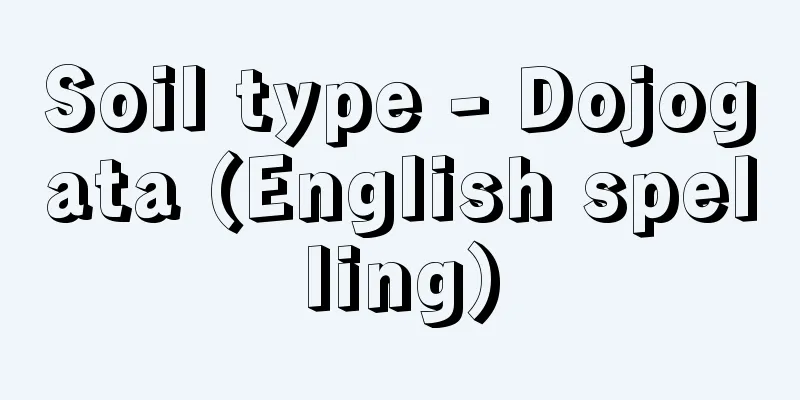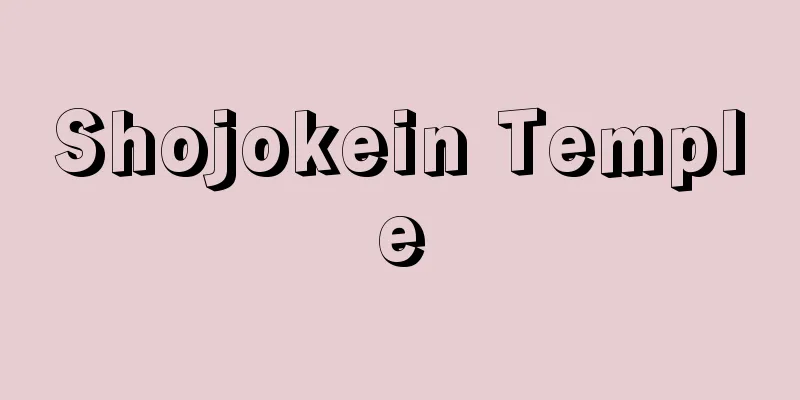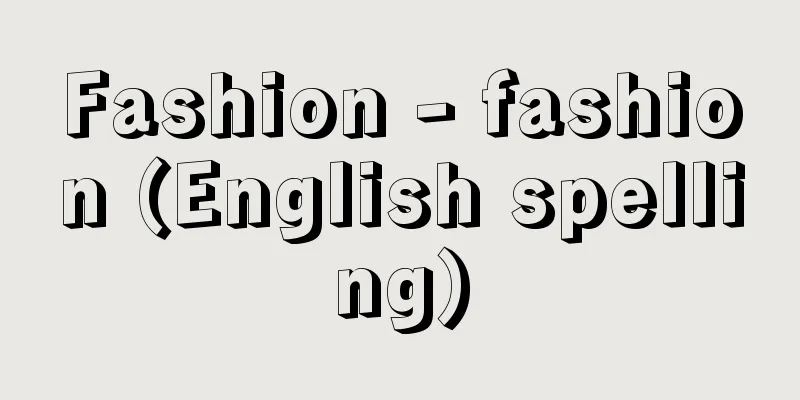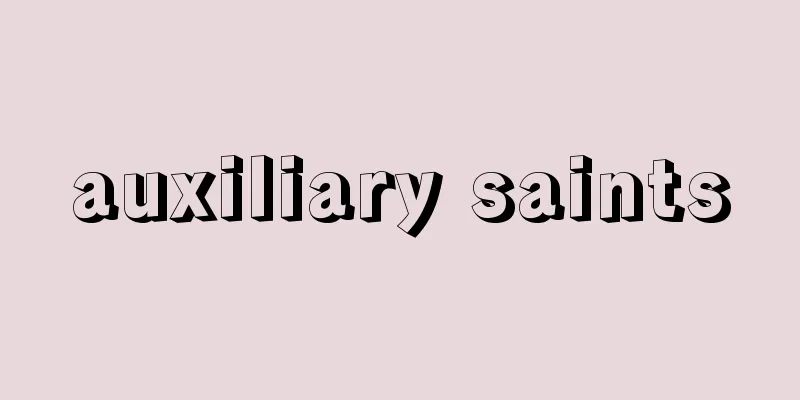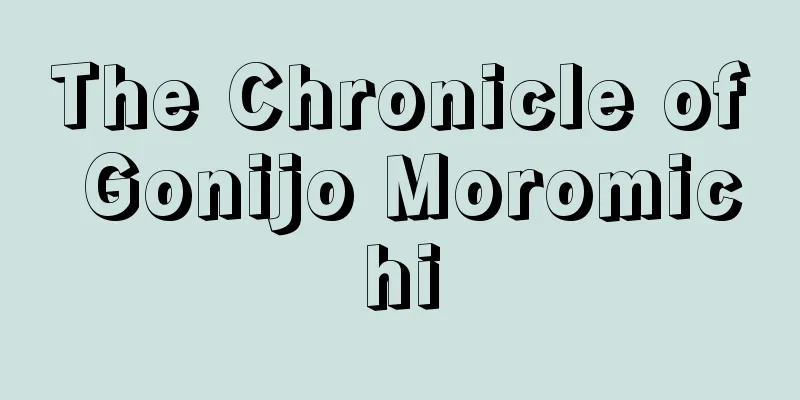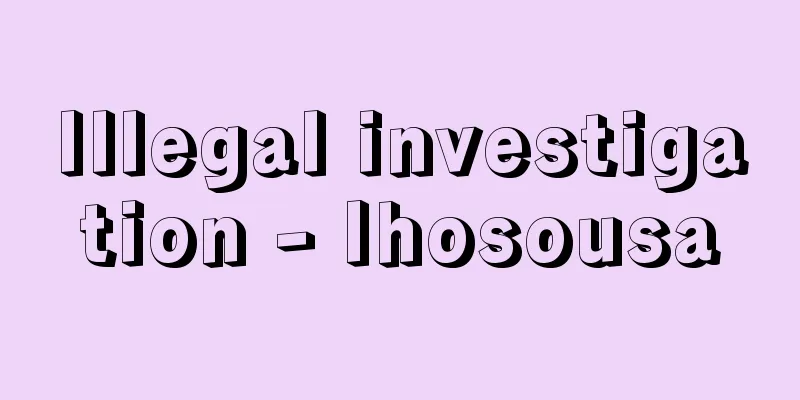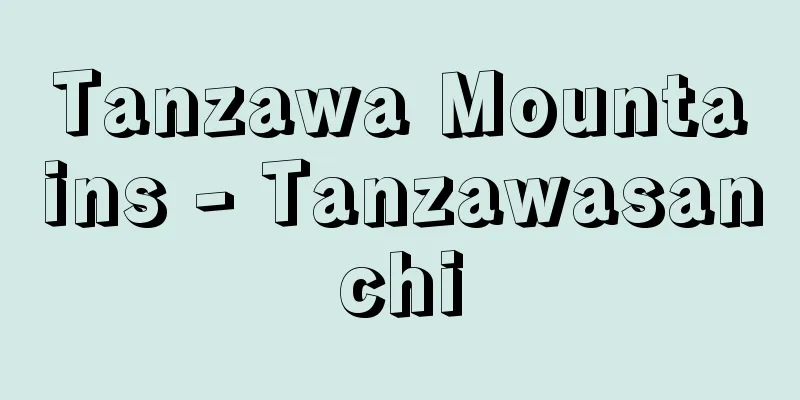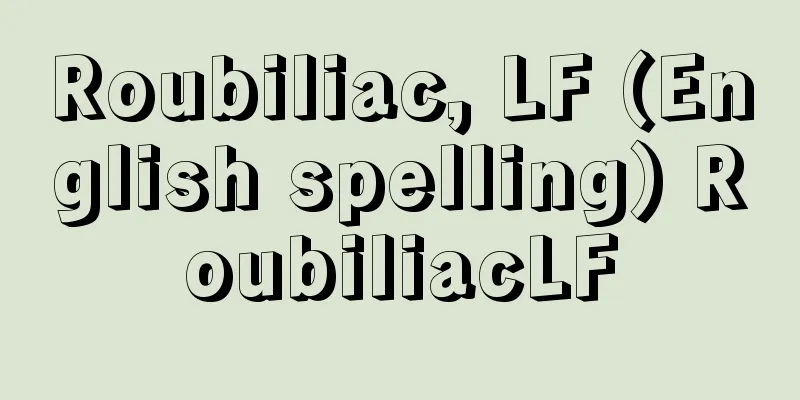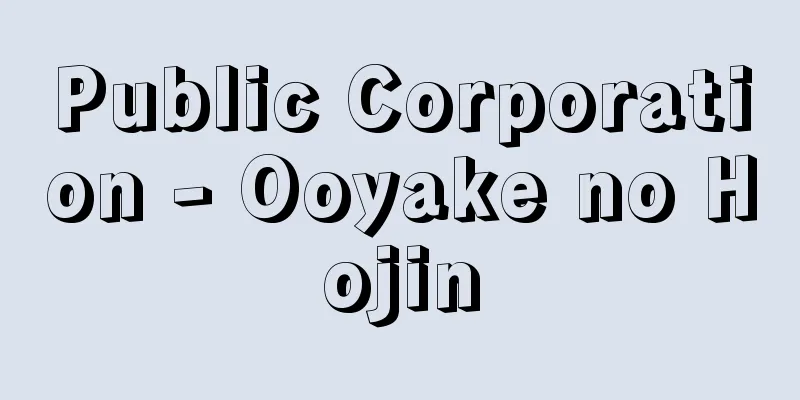Perjury - gishōzai
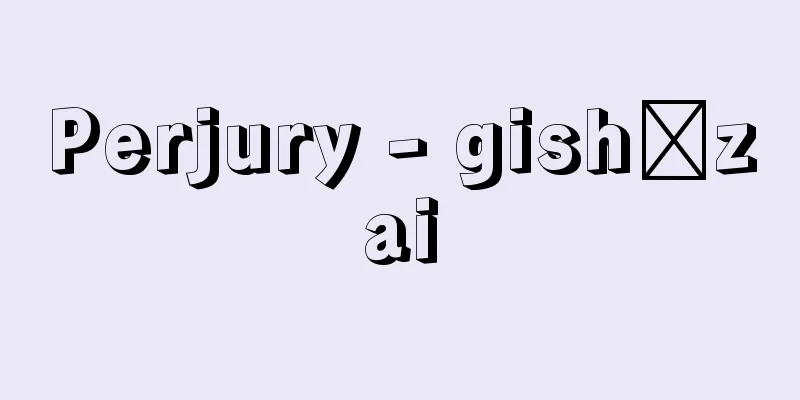
|
It is a crime for a witness who has been sworn in accordance with the law to make a false statement (Article 169 of the Penal Code). This crime protects the integrity of the state's judicial functions. In addition to this crime, Chapter 20 of Book 2 of the Penal Code prescribes crimes such as false expert testimony under the "Crime of Perjury." Crimes such as false expert testimony are committed when an expert, interpreter, or translator who has been sworn in accordance with the law provides a false expert testimony, interpretation, or translation (Article 171 of the same law). Perjury is committed only by those who have taken an oath based mainly on the Criminal Procedure Law (Article 154) or the Civil Procedure Law (Article 201), that is, those who read out an oath in a criminal or civil trial and sign and seal it (status offense). Therefore, witnesses who have not taken this oath or witnesses at the investigation stage cannot be the subject of this crime. The prevailing view and precedents regarding the meaning of "false statement" are based on the subjective theory, which interprets it as a statement made by a witness that contradicts his or her own memory, but there is also the objective theory, which interprets it as a statement made that contradicts the objective truth. According to the subjective theory, if a witness makes a statement that contradicts his or her memory and it happens to coincide with the objective truth, the crime is committed (precedent). However, if the statement made by a witness that contradicts his or her own memory is clearly contrary to the objective truth, there is no risk of misleading the judicial decision, and the crime should be denied. In addition, if a witness remains silent in response to questioning or refuses to testify without reason, this is not considered a crime but is instead considered the crime of refusing to testify (Article 161 of the Code of Criminal Procedure). In addition, perjury is also prescribed in Article 6 of the Law on Witness Oaths and Testimony in the Diet (Diet Testimony Law) and Article 100, paragraph 7 of the Local Autonomy Law. In the former case, perjury is investigated by a complaint from either House or a committee, or a joint committee of both Houses, and in the latter case, by a complaint from the Diet. [Tetsuro Nawa] [References] | | | | |Source: Shogakukan Encyclopedia Nipponica About Encyclopedia Nipponica Information | Legend |
|
法律により宣誓した証人が虚偽の陳述をする罪(刑法169条)。本罪は国家の司法作用の適正を保護する。刑法第2編第20章は、「偽証の罪」として、本罪のほか、虚偽鑑定等の罪を規定している。なお、虚偽鑑定等の罪は、法律により宣誓した鑑定人、通訳人または翻訳人が、虚偽の鑑定、通訳または翻訳をすることにより成立する(同法171条)。 偽証罪は、おもに刑事訴訟法(154条)、民事訴訟法(201条)に基づき宣誓した者、すなわち、刑事裁判や民事裁判で宣誓書を読み上げ、これに署名・押印した者だけにつき成立する(身分犯)。したがって、この宣誓をしていない証人や、捜査段階での参考人は本罪の主体となりえない。「虚偽の陳述」の意味につき、通説・判例は、証人が自己の記憶に反することを述べることと解する主観説によるが、客観的真実に反することを述べることと解する客観説もある。主観説によると、証人が記憶に反する陳述をしたところ、たまたま客観的な真実と合致していたとしても本罪が成立することになる(判例)。しかし、自己の記憶に反する証人の陳述が客観的真実に反することが明らかな場合には、司法判断を誤らせる危険が認められないから、本罪の成立を否定すべきであろう。なお、証人が質問に対し黙秘したり、理由なく証言を拒否することは、本罪でなく証言拒絶罪(刑事訴訟法161条)にあたる。 なお、「議院における証人の宣誓及び証言等に関する法律」(議院証言法)第6条、地方自治法第100条7項にも偽証罪の規定がある。前者にあっては各議院もしくは委員会または両議院の合同審査会の告発、後者にあっては議会の告発をもって論ぜられる。 [名和鐵郎] [参照項目] | | | | |出典 小学館 日本大百科全書(ニッポニカ)日本大百科全書(ニッポニカ)について 情報 | 凡例 |
>>: Weather warning - weather alert
Recommend
not five meters
…there is a scrum for the opposing team at that s...
Ideology
The name was coined by Destutt de Tracy. He pushe...
Aratama - Aratama
A full-length novel by Ishikawa Jun. It was seria...
Nukabo - Nukabo
A perennial grass of the grass family (APG classi...
Ortygia - Ortygia
…She corresponds to Latona in Roman mythology. Sh...
Six National Histories - Rikkokushi
A general term for six national histories compile...
Kansk-Achinsk (English spelling)
…Coal reserves in Siberia provide fuel for most o...
Stilbene - Stilbene
It is an aromatic hydrocarbon. Chemical formula: ...
Heike Nyogo Island
Joruri Gidayubushi (a type of Japanese chant). Hi...
Karlskullhe - Karlskullhe
…Under the Habsburgs, they formed a unique and br...
Strong appeal - Gouso
To form a group and forcibly petition. Also writt...
Tubuai [Islands] - Tubuai
Part of French Polynesia in the South Pacific, the...
Falla - Falla (English spelling) Manuel de Falla
Spanish composer born in Cadiz. Of Valencian (pat...
Ise Shomon Gate
...A school of haiku. A school of Shomon (Ise Sho...
Single twisted rope
...The core rope is made of another strand (Figur...

